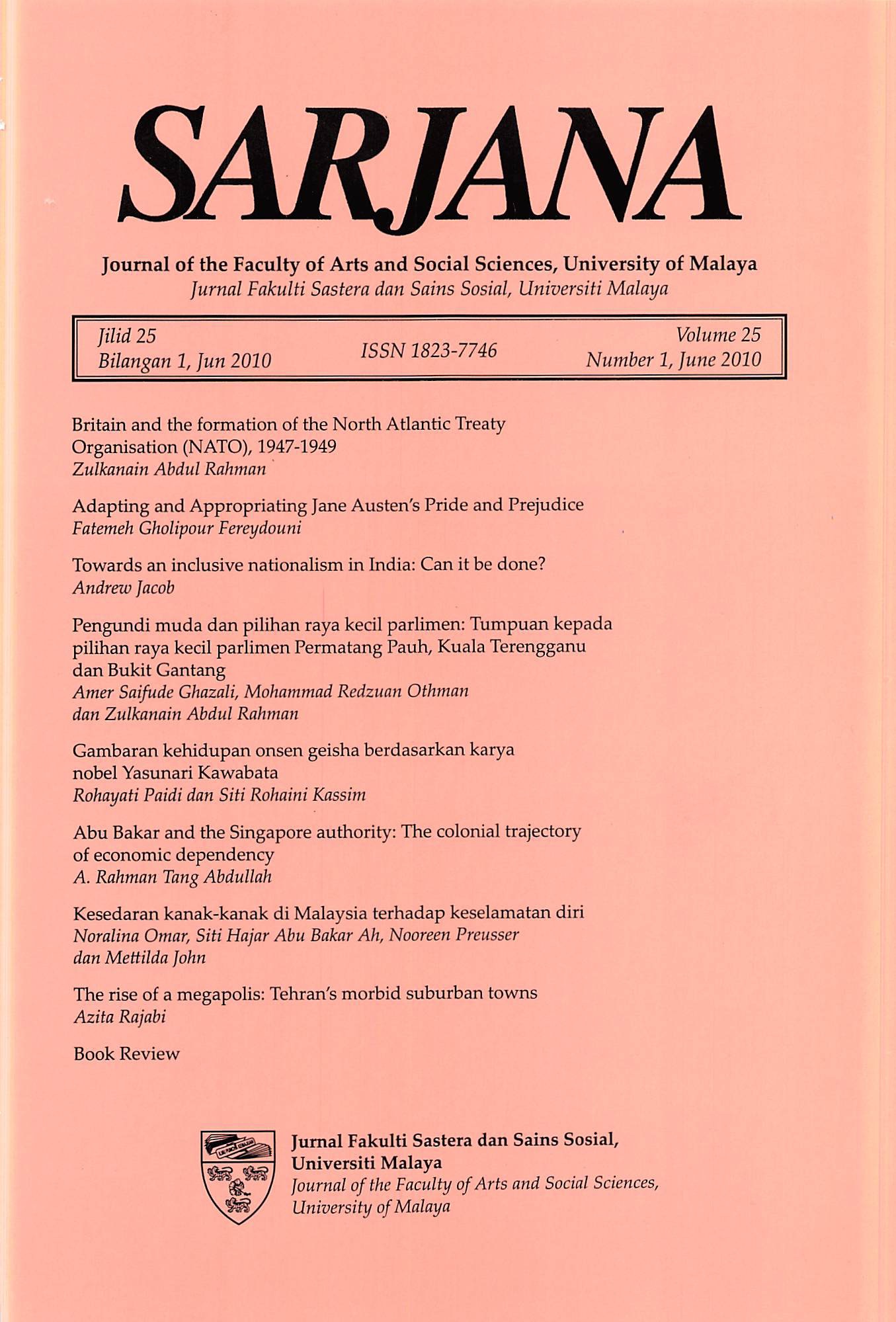TOWARDS AN INCLUSIVE NATIONALISM IN INDIA: CAN IT BE DONE?
Keywords:
Indian nationalist, Ambedkar, India, inclusivenessAbstract
An inherent difficulty in the study of Indian nationalism is the lack of an effective theory that is inclusive of the depressed and socially excluded classes into the nation. The concept of nationalism, in the Indian context, becomes meaningful only when looked at beyond the overarching relationship between the elite national leaders and the people, and the mutual relationship among different segments of society is taken into account. Overcoming these differences is integral to Indian Nationalism for it to have any lasting accountable meaning to the people of India. B.R. Ambedkar today is primarily known for his contributions to the emancipation of the untouchables (dalits) and the lowest castes of Indian society. This article intends to show that his contributions to Indian society extend beyond just being a militant dalit. Ambedkar developed a normative pattern through which a diverse and plural country like India could survive together and further, provide for an Indian Nationalism that could in its very nature be inclusive of the very diversity it sits upon.







